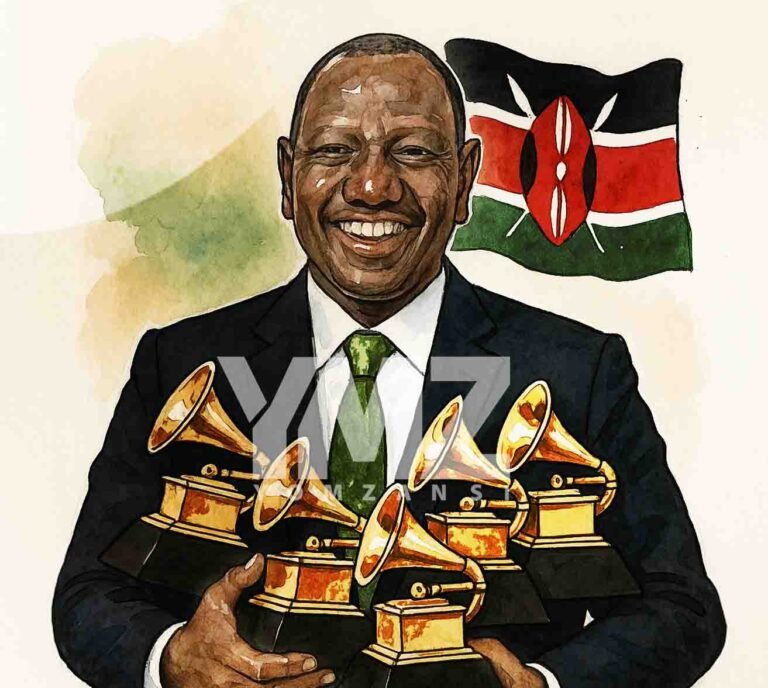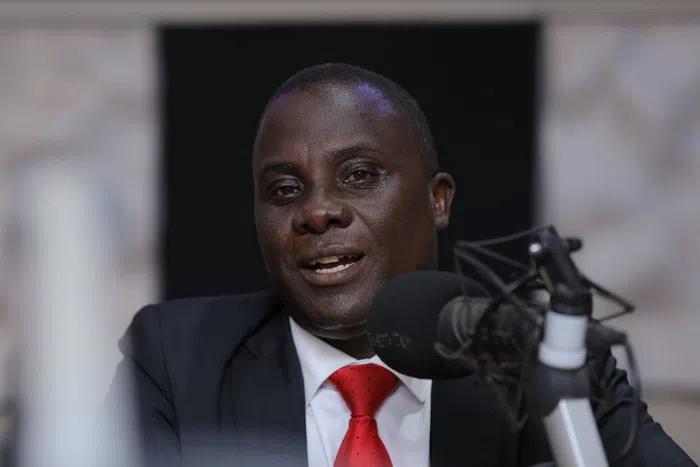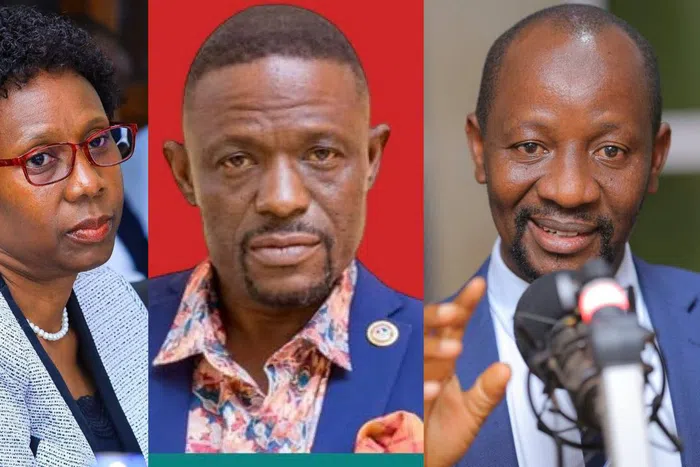
NAIROBI, Kenya – In a landmark move for the continent’s music industry, Kenya has officially secured the rights to host the first-ever African Grammy Awards. The announcement came after the government invested $3.9 million (approximately Ksh 500 million) to secure the prestigious event.
President William Ruto confirmed the deal was finalized, stating, “This is not something we are planning to do; it’s already done.” He emphasized that the funds have already been paid, solidifying Kenya’s position as the pioneer host for the awards ceremony.
The event is poised to be a major continental showcase. President Ruto also revealed that the Grammy organization is considering hosting the awards inside the upcoming Talanta Sports Stadium, a key venue slated for the 2027 Africa Cup of Nations.
The establishment of the African Grammy Awards is seen as a long-awaited recognition of the continent’s profound influence on the global music scene. With genres like Afrobeats, Amapiano, Bongo Flava, and Highlife dominating airwaves worldwide, the awards aim to provide a dedicated platform to honor the artists behind this cultural export.
According to President Ruto, the initiative is expected to deliver significant economic benefits. He projected that it will “not only spotlight African creativity but also stimulate the economy by attracting visitors, investments, and new partnerships.” The government anticipates a boost in jobs, tourism, and business opportunities across Kenya and the wider continent.
However, the $3.9 million expenditure has sparked debate among some Kenyans, who have questioned whether the funds could have been better allocated to pressing national needs such as healthcare or education.
In a direct response to the critics, President Ruto remained defiant. “As usual, there are those who doubt, the cynics who question everything we do, but… we will answer them with tangible outcomes that benefit the people,” he stated.
The African Grammy Awards are set to become a flagship event, celebrating the diversity and vitality of African music while positioning Kenya as a central hub for the continent’s creative economy.









